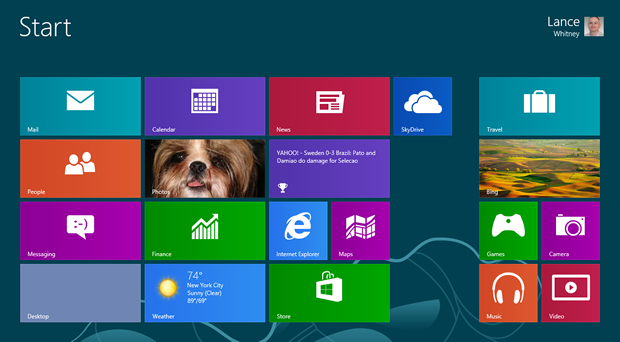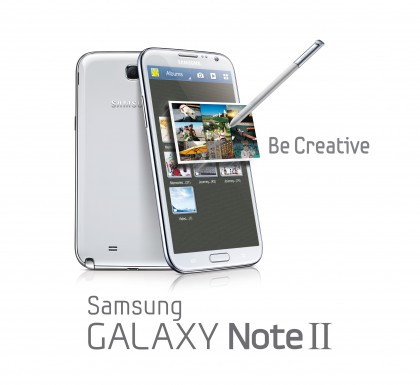Microsoft’s attempt to include a touch friendly interface is finally gaining some traction. Market research firm GfK reported that deployment of Windows 8 has just about surpassed Vista. It’s not a very impressive fact, but at least things are looking up at Redmond. Now, what was once the domain of smartphones and tablets is now open to PCs. Which, in theory, should reverse the prevailing tablet biased trend. Just to be clear, this is a good thing.

On the other hand sales of tablets in Malaysia rose 61% in the first 5 months. An increase that was attributed to steadily decreasing prices. Most of the tablets sold were of the 7-inch variant, painting a nice image of the device consumers prefer. Tablets are popular because they are lightweight, easy to use, and fulfill the needs of the average consumer. A brilliant marketing scam by Apple has also pushed the popularity of these lesser machines. Despite the current positive environment, there is a small shift in the way we think about mobile computing; and it all starts with Samsung.
Article Continues After The Jump
When the Galaxy Note first made its debut back 2011, critics were wondering why anyone would want a phone large enough to kill a bear. Yet, the larger screen and availability of the stylus drove 10 million people to buy it within the first 9 months. It’s successor, the Galaxy Note II, sold 5 million units in two months.
With a 5.5-inch screen, the difference between a Note II and any 7-inch tablet isn’t very great. Samsung’s next giant offering, the Galaxy Mega, will shrink the gap even further. The original argument against having a massive phone (awkward phone calls) doesn’t hold much water as most users have switched to instant messaging services for communication. Western telcos are already mulling over providing data only connections due to the prevalence of Whatsapp, BBM, and similar apps. Local network providers probably have a similar idea hidden away in their top secret bunkers.

Having a tablet and phone in one package is the more convenient option, not to mention it’s much easier on the wallet. In other words, why get a tablet when your phone is large enough to fill the gap? As far as computing power goes, tablets aren’t more powerful, despite all that extra space.
Other manufacturers are now jumping in the jumbo sized bandwagon. Sony’s Xperia Z Ultra (6.4-freaking-inches) and the LG Optimus G Pro (also 5.5-inches) are hoping to cash in on the momentum. Oddly enough, the prime victim of Samsung’s success is… well… Samsung. While the Note II sold very well, the tablet line has all but fallen silent.
At the other end of the spectrum, 10-inch tablets are now competing with convertible Ultrabooks running Windows 8. Perhaps “competing” is too strong a word to be used. Encroaching on the market is possibly more apt. Admittedly, there is still a large discrepancy between the price of Ultrabooks and tablets. One that has caused the sale of these super slim notebooks to lag behind. However, the difference narrows when one realises that those who buy tablets also invest in another computer to do work (because some of us need to make a living). It may not be a sexy argument about aesthetics and design, but not everything has to be about looking good while sipping overpriced coffee.

We have seen this sort of thing before with PDAs. Despite not reaching the same heights as the modern tablet, these gadgets filled the role of storing information, accessing the internet, and generally wasting time. Smartphones eventually showed up and spoilt the party. Possessing the capabilities of a PDA, while also being able to make phone calls made it the logical choice for consumers.
Tablets, on their own, are a divergent technology. They take the functions of existing devices and create something new. While it worked for a while, it is a matter of time before phones and computers drag tablets into a dark alley and sell its parts for profit. As a technology, tablets are transitory at best. It is not about whether or not tablets will be replaced, rather it is merely a question of when. Except for the iPad, because iFans will buy anything produced by their hokey religion.
Follow us on Instagram, Facebook, Twitter or Telegram for more updates and breaking news.



